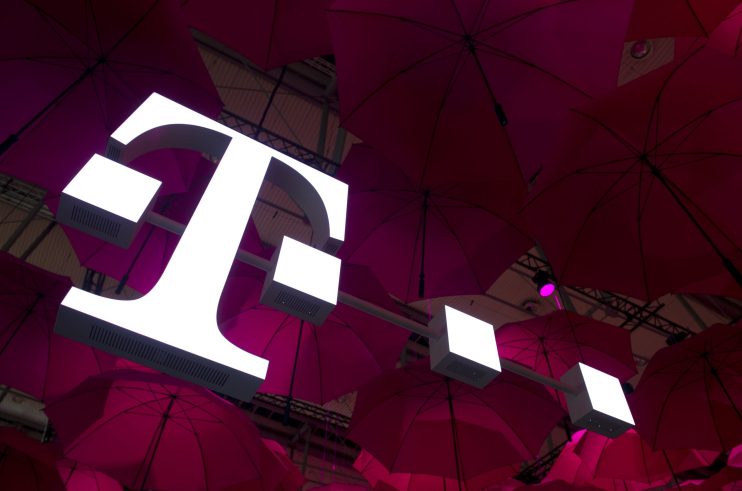Court gives green light to T-Mobile’s $59bn merger with Sprint

T-Mobile and Sprint were today given the green light for their $59bn (£45bn) merger after a US federal judge ruled the tie-up was legal.
A group of US state attorneys general filed a lawsuit seeking to block the merger over concerns it would reduce competition and lead to higher prices.
But judge Victor Marrero today ruled in favour of the telecoms firms, paving the way for the all-share deal, which already has federal approval.
In his ruling Marrero said he was not persuaded by arguments about reduced competition, while he disagreed that Sprint could remain a strong independent competitor.
He was also unconvinced that Dish, which is buying divested assets from the deal, would fail to live up to its promises to enter into the wireless market.
“The court concludes that the proposed merger is not reasonably likely to substantially lessen competition,” he wrote, adding that he was confident in Dish’s ability to transform into a “disruptive maverick” in the wireless industry.
Shares in Sprint skyrocketed more than 70 per cent following the ruling, while T-Mobile was up more than 10 per cent.
The deal will also come as a boost to Japanese investment giant Softbank — the controlling shareholder in Sprint — as it looks to raise money for its new Vision Fund.
“Today was a huge victory for this merger and now we are finally able to focus on the last steps to get this merger done,” said T-Mobile chief executive John Legere.
“We want to thank the court for its thorough review of the facts we presented in our case. We’ve said it all along: the new T-Mobile will be a supercharged un-carrier that is great for consumers and great for competition.”
Legere last year announced he will step down as boss when his contract expires at the end of April, though he will retain a seat on the board. He will be replaced by his long-serving deputy Mike Sievert.